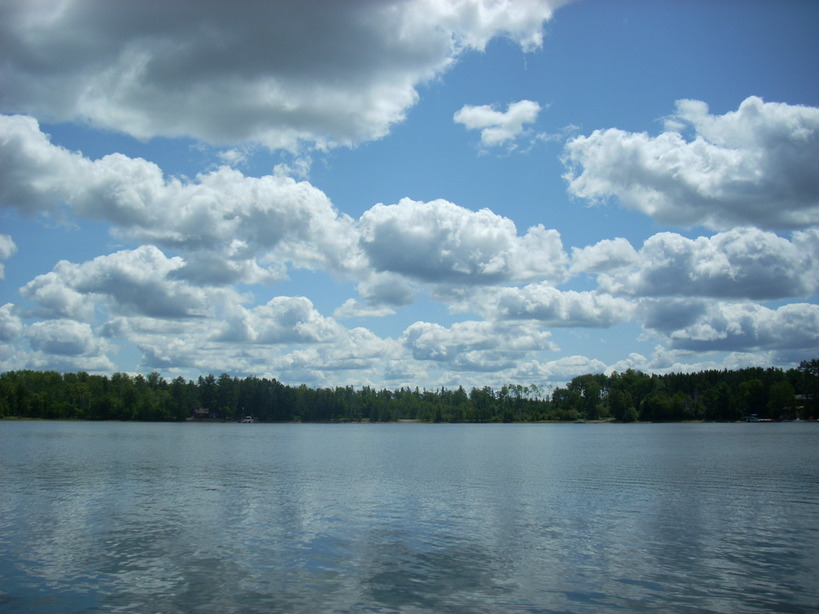Horseshoe Lake, way the heck north in Wisconsin, near where Bill Holtz lives

William Holtz was an English professor at the University of Missouri-Columbia when he stumbled upon the papers of Rose Wilder Lane. He committed himself to writing her biography even though this meant putting aside his work on environmental thinkers like Joseph Krutch and eighteenth-century literature, his original specialty.
Holtz’s commitment to writing Rose Wilder Lane’s biography meant that he had the task of telling the world what it did not want to hear. Those wonderful Little House books by Laura Ingalls Wilder—Lane had done a large part of the writing. Without Lane, these books would not exist. Holtz would field the fans’ anger when his biography of Rose came out in 1993.
There was more to Lane’s role in the Little House books than editing. I am unearthing that and explaining it in my book, Libertarians on the Prairie. The pioneer stories I loved grew out of the Wilder/Lane partnership, in the darkest years of the Great Depression. The two women believed that if the pioneers could survive the economic panics of the 1870s, then Americans should get by without FDR’s New Deal programs.
My interview with Holtz showed me that Rose’s literary voice—which shone best in her personal letters to conservative thinkers, politicians, and writers—grabbed him and he could not ignore it, so he put aside his other work for several years as he meticulously researched The Ghost in the Little House (University of Missouri Press, 1993).
